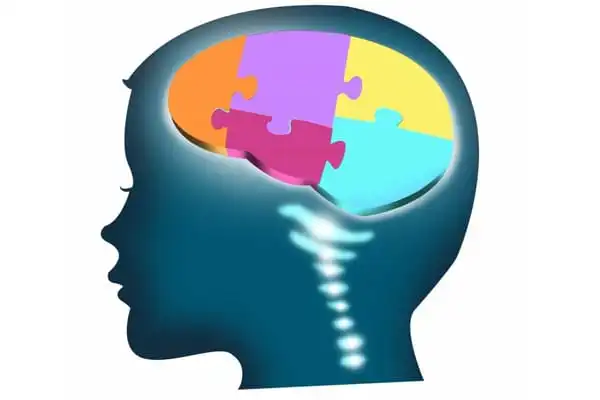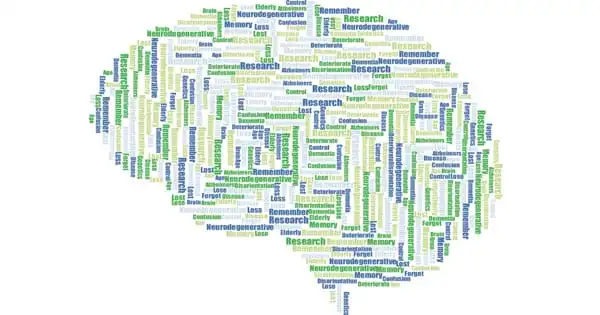Adversity in childhood is a key risk factor for the development of psychiatric and behavioral issues later in life. Adults who were abused as children have higher rates of depression, suicidality, anxiety disorders, post-traumatic stress disorder, and aggressive behavior.
Childhood trauma also contributes to increased drug usage and dependence. In those who have undergone childhood trauma, the initiation of drug-taking behavior occurs at a considerably younger age. Childhood exposure to stressful situations might heighten the impact of stressful events later in life. When childhood trauma is combined with divorce or unemployment, a person is more prone to develop psychological illnesses or addiction.
A new study finds that children who have cognitive impairments including low attention, poor memory, or a lack of inhibition may develop mental health problems as teenagers and young adults. Specific markers targeted in childhood for early treatment may assist to reduce the likelihood of children acquiring certain psychopathological issues in adolescence and adulthood, such as borderline personality disorder, depression, and psychosis.
Cognitive deficiencies are common aspects of mental disorders and play a significant role in predicting long-term prognosis; the researchers’ findings suggest that unique patterns of such deficits predate specific mental disorders.
It is critical to investigate the onset of mental problems at these early stages and determine which risk factors predate these conditions and how. These elements are fundamental to mental diseases such as psychosis and mood disorders
Professor Matthew Broome
Researchers uncovered a number of crucial and specific correlations between early cognitive impairments and mental health concerns in later life after analyzing data from an initial UK cohort of 13,988 individuals born between April 1991 and December 1992, namely:
- In eight-year-olds, deficits in sustained attention precede the development of borderline personality disorder (BPD) symptoms at 11-12 years and depression at 17-18 years.
- Inhibitory difficulties in eight-year-olds were linked to psychotic events in 17-18-year-olds; and
- Working memory deficiencies in 10-year-olds were linked to hypomania between the ages of 22 and 23.
The findings of an international team of researchers from the United Kingdom and Finland, lead by experts from the University of Birmingham, were published today in JAMA Network Open.
Dr. Isabel Morales-Muoz of the University of Birmingham’s Institute for Mental Health and the Finnish Institute for Mental Health in Helsinki, the study’s lead author, stated: “Our study emphasizes the potential impact of childhood cognitive deficits on young people’s mental health, pointing to specific associations with specific conditions. Prevention interventions aimed at alleviating these specific cognitive impairments may assist to lessen the likelihood of such youngsters having associated mental health disorders in adolescence and early adulthood.”
The study was the first to look at precise links between cognitive deficiencies in childhood and a variety of psychopathological disorders in young individuals over a long period of time.

Sustained attention deficiencies at eight years of age are connected with BPD symptoms at 11-12 years of age, which is consistent with comparable abnormalities in adult BPD patients linked to difficulties adhering to therapy programs. Previous research has found a relationship between adult BPD and childhood Attention Deficit Hyperactivity Disorder (ADHD) symptoms, implying that ADHD may be a risk factor for BPD.
The findings also lends support to the hypothesis that a lack of inhibition in childhood precedes later psychotic experiences, with a loss of inhibitory control being frequent in psychotic diseases like schizophrenia. Working memory deficiencies in childhood were connected to hypomania in young adults, but when they tested for co-occurring psychopathological problems, this association vanished, indicating that more research is needed.
Mental disorders have a major disease burden worldwide, with at least 10% of children and adolescents suffering from a mental problem. Seventy-five percent of mental problems diagnosed in adults begin in childhood or adolescence.
Bipolar disorder, depression, and psychosis are frequent in adolescence and remain into young adulthood, and are thought to be associated to anomalies in the way adolescents age caused by behavioral, biological, or environmental variables.
“It is critical to investigate the onset of mental problems at these early stages and determine which risk factors predate these conditions and how. These elements are fundamental to mental diseases such as psychosis and mood disorders” Professor Matthew Broome, a co-author, stated.
“Cognitive function deficits in mental diseases are prevalent, ranging from decreased attention and working memory to disordered social cognition and language. They have a significant impact on quality of life and may anticipate serious mental health issues by several years” Professor Steven Marwaha, the study’s principal author, stated.





